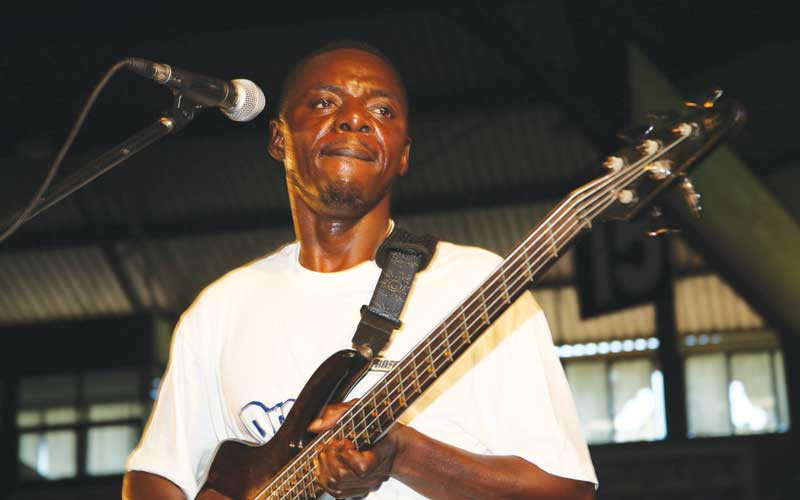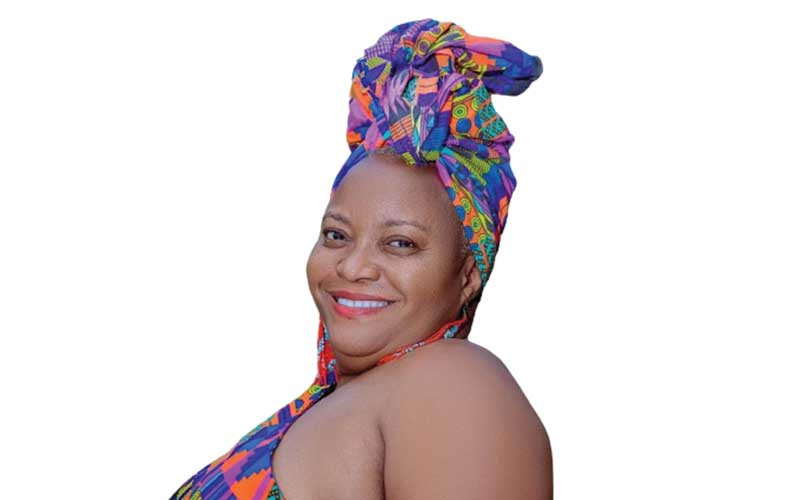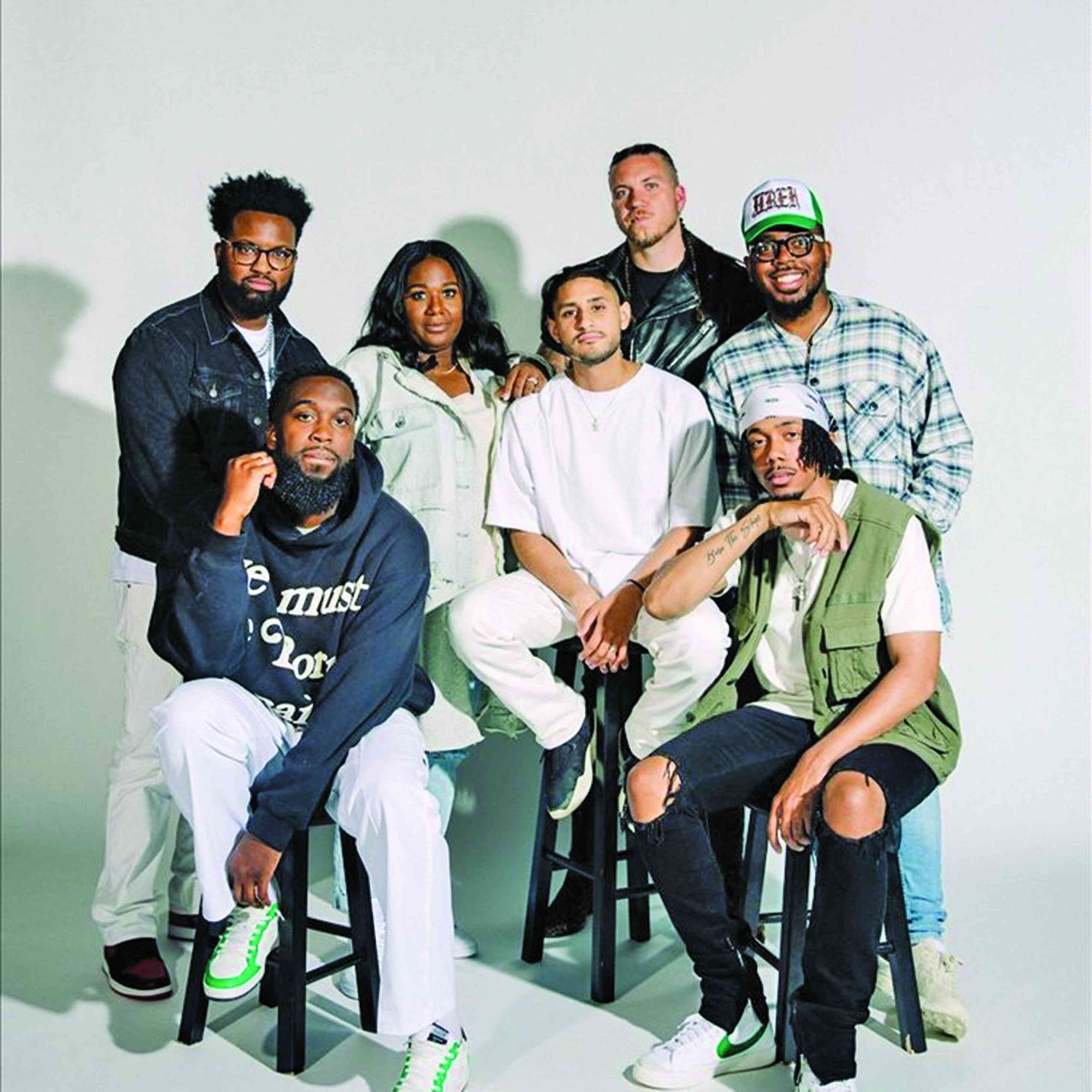
SOUND TRACK: PLOT MHAKO
LAST week I touched mainly on the current state of the local arts scene and what is required to move forward. In this article, I will dwell on the most dominant music genre in the country, dancehall.
The genre presents a very unique case study for the country, one whose formula and trend scholars will find elusive.
What is strikingly interesting is how quick the artistes take turns, but only a few remain unmoved, Winky D, Killer T and Freeman have maintained relevance since their entry.
Zimdancehall largely remains the music of the ghetto youths who use it to freely express, and reflect on their daily struggles, hustles, and triumphs.
Aptly described as the, “Ghetto Newspaper” and produced in hundreds every week, it continues to defy societal norms and values as it openly talks about love, sex, fun, and politics, and is often times packaged in humour.
The accompanying beats known as riddims are oftentimes monotonous with different titles, but for an avid follower, they can pick the differences and style.
In 2018, the most dominant message was sex, yes, sex! All the major hits from Sweetie, Kanjiva and Magate were loaded with sexual innuendos that attracted scorn from the conservative society while largely consumed by the masses, ultimately influencing the street lingo.
- Chamisa under fire over US$120K donation
- Mavhunga puts DeMbare into Chibuku quarterfinals
- Pension funds bet on Cabora Bassa oilfields
- Councils defy govt fire tender directive
Keep Reading
Winky D, with his able management, keeps re-inventing himself, a move that keeps him afloat.
A lot of established Zimdancehall artists fell on the wayside and some may have ultimately sunk into oblivion as new vibrant and charming artistes like Enzo Ishall, Jah Signal, and Bazooker rose to steal the limelight.
Delivering humorous, uncensored punchlines, the youngsters mesmerised the nation and started catching flights to the diaspora.
The old horses dropped albums that never saw the day, from Soul Jah Love’s Nakadhula Dhaka and Seh Calaz failed to make the slightest of impact as space was under lock and key.
The new entries predominantly from the making factory, Chillspot displayed the hunger and zeal that saw them defy the odds and owning the game.
Could it be just another buzz and phase? Well, the year 2019 will say it all. Remember Tocky Vibes literally disrupted the entire music space for a record two years until the unfateful December 19 2014 incident at the Mafikizolo concert where his attempt to self-crown and perform whilst seated on a high chair backfired and killed his mojo forever.
Still, he is making great music, but the wave was pulled under his feet and it will be an uphill task to hit the same chords again.
In the Zimdancehall jungle, only the fittest musically will survive. A breakthrough is like magic, requiring the newest tricks and good omen.
Talent alone is not good enough as evidenced by so many amazing artistes that never really blew up, or did but blew out too soon such as Jerry B, Tally B , Kilamani, Celscius, Don Gaga, Kabhidha, Dobba Don and Da Ruler.
Where is the radio in all this?
While Zimdancehall radio programmes on ZiFM, Star FM and Power FM have been very instrumental in ushering new careers and sustaining some, it’s the streets that run the industry.
Hits are made on the streets, sustained on the streets and grow there. The biggest question is who will own 2019? Will Enzo Ishall continue on his reign or just like his predecessors Boom Betto, Silent Killer, he will quickly fade?
The Zimbabwean music terrain is very fascinating. Music is produced in stereo mode, but the consumption is in mono.
They are hundreds and some diverse sounding artistes releasing music daily, but only a handful get the ear of the Zimbabwean audience and once exhausted the ears migrate to the next.
One radio executive said they receive at least 150 songs a week and only two or three make it to their playlist.
Only a few have managed to ride the tide and keep their music above water despite any new musical hype.
A lot of Zimdancehall artistes still don’t realise what went wrong or what’s going on now. Promoters don’t look for them anymore, United Kingdom gigs don’t want them anymore, radios only play their old material, the streets don’t scream at them anymore and the social capital they once had is gone.
Then there is another group of artistes that are still in denial and keep dishing out the same, even when the returns are getting low.
The bubble they created around them of praise singers, (who always tell them wakapenga, Ichi chingoma chakanyanya), still exist and give them the insulation they need from reality.
Well, what we are witnessing now is a new chapter; a chapter ushering in new voices. The singing style has changed, and the sound has changed also.
An evolution is slowly taking place. Pay attention to how Pumacol, Bazooker, Enzo, Uncle Epatan flow.
That is the new style and pattern and only a disrupter with a compellingly different style would be able to shift the audience.
To all Zimdancehall artistes still trying to sound Jamaican or caught up in the kumhanya ngoma (uptempo style,) please read the new memo.
There is a new style in town. How long it will last I don’t know, but definitely the old is gone.
Chillspot Records is the 1520 Sedgwick of Zimdancehall. Hip hop heads will understand this.
The place is the epicentre of the genre where the new sound is crafted, hits are made, style and pattern developed, a new talent discovered and propelled to stardom. They have managed to utilise social media effectively.
Dj Fantan and Levels have managed to stay relevant through the years of Zimdancehall despite the rise and fall of many great producers.
Their model, though, which still has a lot to be improved is very effective and is deep-rooted in the culture, a culture that speaks to the youth and defines the street lingua and all.
One thing missing from Chillspot is a viable business model that ensures growth and revenue generation from the hard work they put in to discover and nurture. Look at how Kalawa Jazmee did it with Kwaito.
Simplex music is one force to reckon with. We have seen how they impacted the scene last year and I have no doubt they could be brewing some magic.
Tman of Mount Zion Music is also working on three collaboration riddims with Oskid and one producer from Zvishavane called M.O.D. These projects could shake the industry as the year progresses.
Music promoter and manager Godfrey “Vokal” Bakasa believes Zimdancehall still has the mettle, but only needs to reinvent itself through adopting an attitude of paying attention to the best art rather than to iconising individuals, giving them the power to put the sound at ransom.
The key missing factor haunting Zimdancehall from achieving what Afropop in West Africa has accomplished for it to break into the international scene, is the failure to tap into our traditional sound.
It is no doubt that the West African comrades are grinding and they have been grinding for years since the days of Fela Kuti’s Afrobeat to date, to create a unique urban sound deep-rooted in their traditional music.
Today, the Afropop sound is a global phenomenon, propelling African music to new heights. The likes of Thomas Mapfumo, the late James Chimombe and Oliver “Tuku” Mtukudzi came from a background of rock music imitations, but soon found their own footing and created unique music genres whose impact has lived for generations and crossed borders.
Plot Mhako, the founder of Jibikila, is a creative social entrepreneur and urban arts activist working to empower the skills and voices of young people in Zimbabwe through innovative programming.











